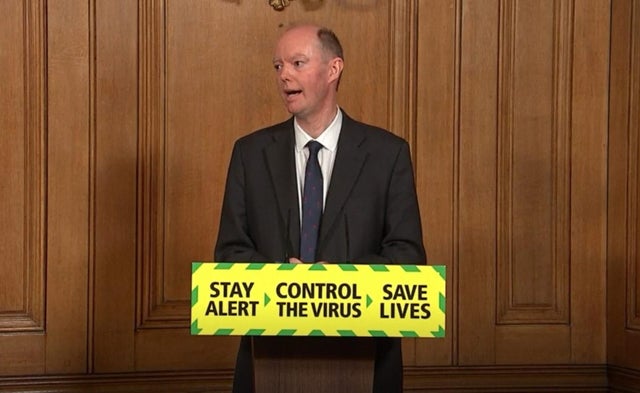By Gavin Mackintosh-
Chief medical officer for England, Professor Chris Whitty, has attempted to reassure parents that the risk of coronavirus to children is low.
In an attempt to raise parent’s confidence about the decision to send children back to school, professor Whitty told the Downing Street briefing: “Clearly there’s a very complicated balancing act for society in terms of the possibility of increasing the transmission on the one hand and depriving children of their education on the other.
“This is a very hard balancing act but this is where we’re trying to, as a society, walk between two risks, a risk to education and a risk to health. And the rates of transmission are now much lower than they were at the point when schools were closed.
“I fully understand, as everyone fully understands, people wanting to think this through but… the biggest concern is going to be the health of their children and this is a disease that can affect children but is very unlikely to compared to adults.”
Professor Chris Whitty was speaking at today’s Downing Street briefing, said the decision is down to “when is the right time when the risks and benefits have some sort of balancing out”.
He said returning pupils to school meant they wouldn’t miss out further on their education, something that would lead to a “huge disadvantage for the rest of their lives”.
He said one of the few “reassurances we can give – it looks like children are much less likely to get a clinical disease of any sort”.
He later added that “compared to adults it’s not a dangerous disease that picks out children”.
In a strong attempt to quell concerns many people have about returning their children to school, he said that parents of primary pupils are generally not in the older age groups that are more vulnerable to “severe problems with coronavirus”.
Professor Whitty pointed to a “very complicated balancing act for society in terms of the possibility of increasing transmission and depriving children of their education on the other”.
He said the rates of transmission are “much lower than they were when schools were closed”.
Image: PA

